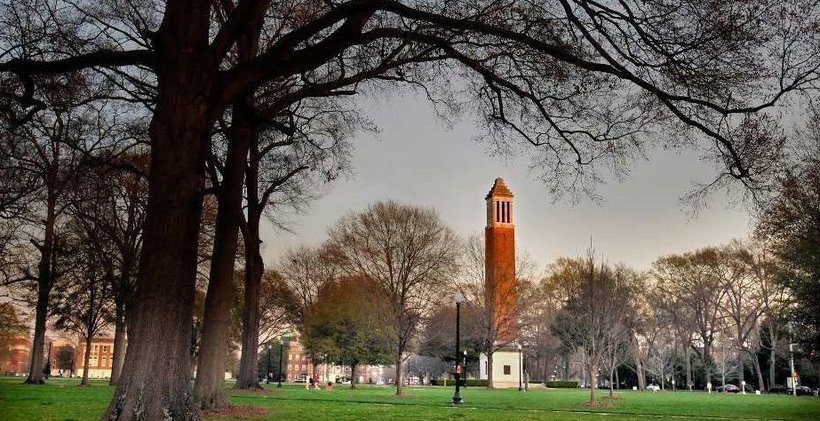The national media has begun bringing widespread attention to the serious problems in Alabama’s underfunded, overcrowded prison system. In the last several days alone, the New York Times, Washington Post and Associated Press have all published widely disseminated articles on the ongoing problems in the system, most notably at the Julia Tutwiler Prison for Women, where the U.S. Justice Department says conditions were once so bad they likely violated the inmates’ constitutional rights.
From the Washington Post:
Built in 1942 in the sleepy town of Wetumpka, Alabama’s lone prison for women has a “history of unabated staff-on-prisoner sexual abuse and harassment,” the U.S. Department of Justice wrote in a scathing report in January. DOJ accused Alabama of violating inmates’ constitutional rights to be protected from harm, alleging that corrections officers had assaulted inmates, coerced inmates into sex, inappropriately watched inmates in the showers and bathrooms and once even helped in a New Year’s Eve strip show.
From the New York Times:
Corrections officers have raped, beaten and harassed women inside the aging prison here for at least 18 years, according to an unfolding Justice Department investigation. More than a third of the employees have had sex with prisoners, which is sometimes the only currency for basics like toilet paper and tampons.
Gov. Bentley told The Times that the DOJ’s report does not paint an accurate picture of Tutwiler in 2014.
“I thought they took past offenses over many years and put them into their report as if all of those offenses were occurring today,” he said. “They did not take into account all the remedies that had been put in place or were beginning to be put in place when they actually came in to visit.”
Based on all the information Yellowhammer has been able to gather from numerous sides, including lawmakers and former prisoners, Gov. Bentley is right.
But while Tutwiler has become the proverbial poster child for Alabama’s prison problems — and a human rights and PR disaster, no doubt — it’s the larger overcrowding issue that threatens to destabilize the entire system and compel the federal government to get involved.
The New York Times over the weekend questioned whether the recent reports at Tutwiler will be enough to spur reform. Early indications are that this year’s General Fund budget won’t contain any more funding for prisons than last year’s budget. Gov. Bentley’s proposed budget actually included $7 million less.
Alabama has the second-highest number of inmates per capita in the nation and the state’s prisons are filled to roughly twice their capacity.
California serves as an example of what can happen when the federal government is forced to intervene.
In the 2011 Supreme Court case Brown v. Plata, the Court effectively required the State of California to remove 46,000 criminals from its prisons by forcing The Golden State to cut its prison population to 137.5 percent of “design capacity.”
The Public Policy Institute of California found that property crime increased by 7.6 percent the year after the mass releases. Car thefts rose almost 15 percent. In short, 24,000 more people had their car stolen in California in 2012 as a result of the state not being able to get its prison overcrowding problem under control.
Alabama’s prisons are currently at roughly 187 percent capacity, 50 percent higher than the level the Court mandated for California.
More from the New York Times:
“Yes, we need to rectify the crimes that happened at Tutwiler, but going forward it’s a bigger problem than just Tutwiler,” said State Senator Cam Ward, a Republican from Alabaster who is chairman of the Senate Judiciary Committee. “We’re dealing with a box of dynamite.”
The solution, Mr. Ward and others say, is not to build more prisons but to change the sentencing guidelines that have filled the prisons well beyond capacity.
Just over half the state’s prisoners are locked up for drug and property crimes, a rate for nonviolent offenses that is among the highest in the nation.
“No one wants to be soft on crime, but the way we’re doing this is just stupid,” Mr. Ward said.
As Yellowhammer wrote earlier this year, legislators must reform Alabama’s prisons or risk a federal judge doing it for us.
Follow Cliff on Twitter @Cliff_Sims












